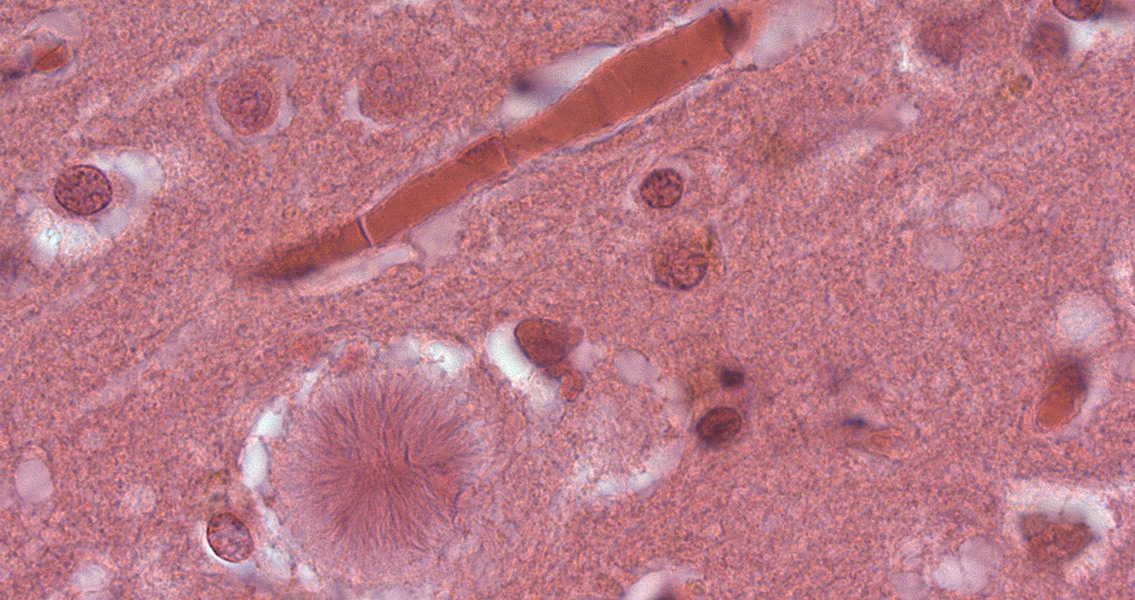<![CDATA[New research into brain disorders caused by infectious diseases or genetic predisposition has revealed a startling possibility: humans engaging in the act of cannibalism might have reaped the rewards of an evolutionary defense to such wasting diseases, through generations of engaging in the activity. When it comes to brain disorders, many can be traced to certain infectious agents known as prion proteins. Prions can lead to infections such as mad cow disease, Creutzfeldt-Jakob disease (CJD), and the neuro-degenerative disease known as 'kuru' which was common to many indigenous people living in Papua New Guinea. The Fore population, native to Papua New Guinea, was the subject of a new study into the effect of prions on a population that engaged in ritual cannibalism as part of its culture. Kuru has several of the same markers as CJD, and researchers from University College London's Institute of Neurology sought to understand why only around 2 percent of the Fore population developed the disease despite the widespread instances of cannibalism – especially because the prions that cause both kuru and CJD are commonly found in mammalian flesh, includng that of humans. Research teams took samples from members of the Fore population who had survived the last kuru die-off which occurred in the 1950s when ritual cannibalism was banned in the region. The scientists discovered that a prion protein gene existed in Fore DNA that seemed to have afforded a measure of protection against the effects of kuru. With the suspicion that the presence of such a gene might have been an evolutionary adaptation passed down through generations of Fore that didn’t succumb to kuru, researchers experimented on mice that were given gene therapy to possess the same prion protection. The scientists reported that a full 100 percent of the mice demonstrated a complete immunity not just to kuru but to mad cow disease and CJD as well. According to Emmanuel Asante, the lead researcher on the project, “the result could not have been clearer or more dramatic”. Asante said in a press release from University College London that the team had suspected at least a modicum of resistance to human prion infections would have been passed down to the mice, but no one had predicted complete immunity. While the discovery is an important step forward in formulating defenses to prion diseases such as kuru – and other neurodegenerative diseases that present similarly to CJD, such as Alzheimer’s disease or Parkinson’s disease – the anthropological impact of such a discovery can be considered just as important. The prevailing thought had been that the Fore would have likely annihilated themselves by ingesting the prion-infected flesh of their elders in the funerary rites associated with their ritual cannibalism, this latest research however, suggests that their cannibalistic habits actually contributed to a genetic resistance to kuru and other diseases caused by prions. For more information: www.nature.com ]]>
Cannibalism: An Evolutionary Defense?
